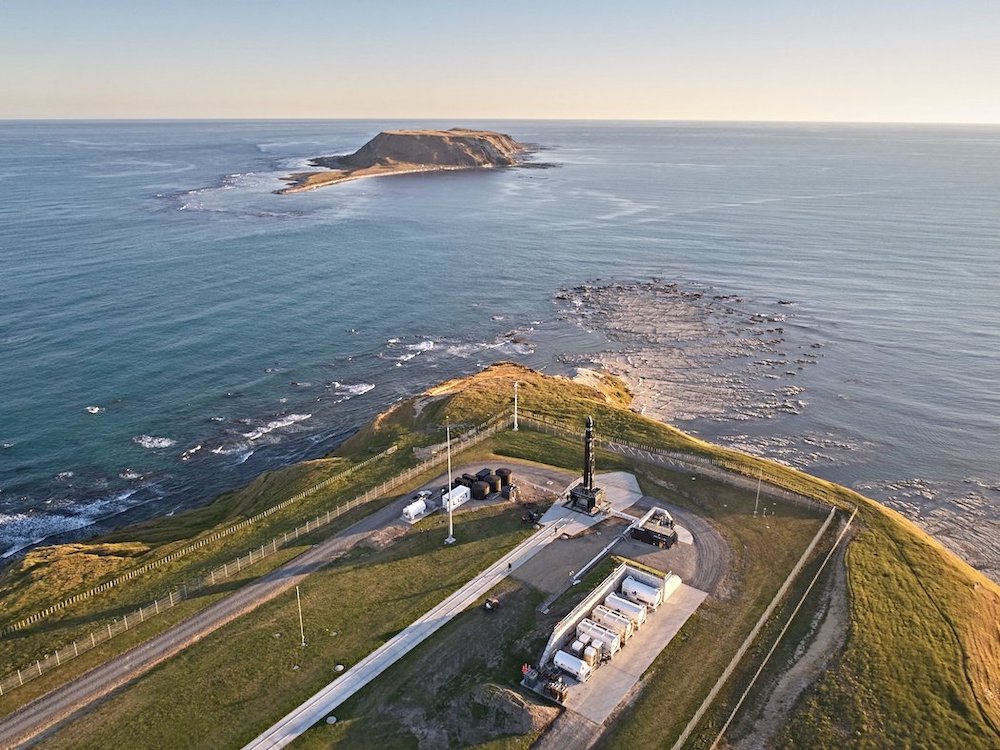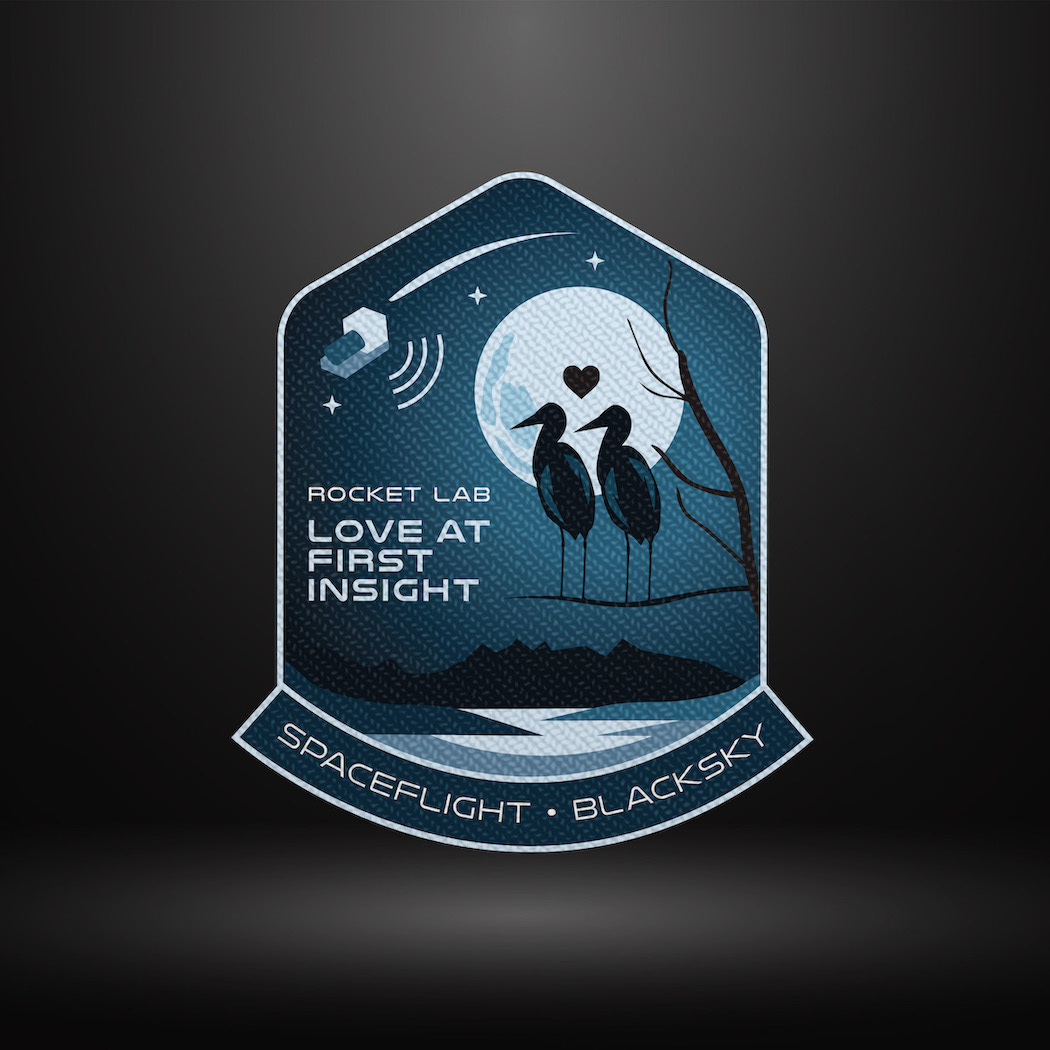
Rocket Lab is gearing up for three back-to-back missions beginning later this month from its New Zealand launch base, each carrying two commercial BlackSky Earth-imaging satellites.
The small satellite launch company said Aug. 10 it is planning a series of three missions, each carrying a pair off BlackSky satellites, between late August and the end of September.
All three launches will blast off from Rocket Lab’s privately-owned spaceport on Mahia Peninsula on the North Island of New Zealand. The facility, known as Launch Complex 1, has been the departure point for all of Rocket Lab’s Electron rockets to date.
BlackSky, with offices in Seattle and Herndon, Virginia, is deploying a fleet of small remote sensing satellites to provide high-resolution Earth imagery to commercial and government clients. One big potential customer for BlackSky is the U.S. military and intelligence agencies.
The National Reconnaissance Office, which owns the U.S. government’s spy satellites, awarded study contracts to BlackSky, Planet, and Maxar last year to allow government analysts to evaluate the utility of commercial imagery in intelligence-gathering and overhead surveillance.
BlackSky also sees foreign governments, which may not field their own reconnaissance satellites, large multinational companies and the financial industry as other key customers.
BlackSky’s satellites are built by LeoStella, a joint venture between Spaceflight Industries and Thales Alenia Space, a major European satellite manufacturer. LeoStella’s production facility is located in Tukwila, Washington, a suburb of Seattle.
Rocket Lab and BlackSky announced an agreement earlier this year for five Electron launches to carry nine BlackSky satellites into orbit.
The first launch in the multi-mission contract successfully deployed a single BlackSky payload into orbit in March. The second of the five missions in May failed before reaching orbit due to a malfunction in the Electron rocket’s second stage. The two BlackSky satellites on-board crashed back to Earth.
The next three missions, all scheduled in the next month-and-a-half, will complete the five-launch agreement between Rocket Lab and BlackSky. Spaceflight, a Seattle-based rideshare company, brokered the launch agreement for BlackSky.
Rocket Lab’s Electron rocket is sized to deliver small satellites to orbit, providing a dedicated ride for spacecraft that would otherwise have to fly as a lower-priority payload on a larger launch vehicle.

Seven operational BlackSky satellites have successfully launched since 2018, riding into orbit aboard Indian PSLV, SpaceX Falcon 9, and Rocket Lab Electron launch vehicles.
BlackSky says its remote sensing business is aimed at providing change detection and surveillance services, allowing customers to search for human-caused or natural changes in the environment on a day-to-day basis.
“Dedicated launch on Electron means a bespoke service for satellite operators who want control over their schedule and orbital parameters,” said Peter Beck, Rocket Lab’s founder and CEO. “Rapid launch with these three back-to-back missions enables BlackSky to fast-track their plans for a constellation that meets the hunger for real-time data produced by multiple images within 24 hours, rather than one image at the same time each day.”
Each BlackSky satellite weighs about 121 pounds, or 55 kilograms, at launch. Two spacecraft will be stacked one on top of the other inside the Electron rocket’s payload fairing, which will be outfitted with a dual payload adapter structure.
“We’ve been partnering strongly with Rocket Lab over the past several months to gain high confidence in a launch campaign that will increase the capacity of our space network,” said Brian O’Toole, CEO of BlackSky. “This cadence of rapid launches demonstrates the accelerated pace at which we are able to expand our constellation and reinforces our commitment to delivering real-time data and intelligence.”
BlackSky says it aims to have a constellation of 14 satellites in orbit by the end of the year.
“With these additional satellites in our constellation, we can increase revisit rates and rapidly add capacity to ensure our customers will be the first-to-know about what is most important to them,” O’Toole said in a statement.
Email the author.
Follow Stephen Clark on Twitter: @StephenClark1.
